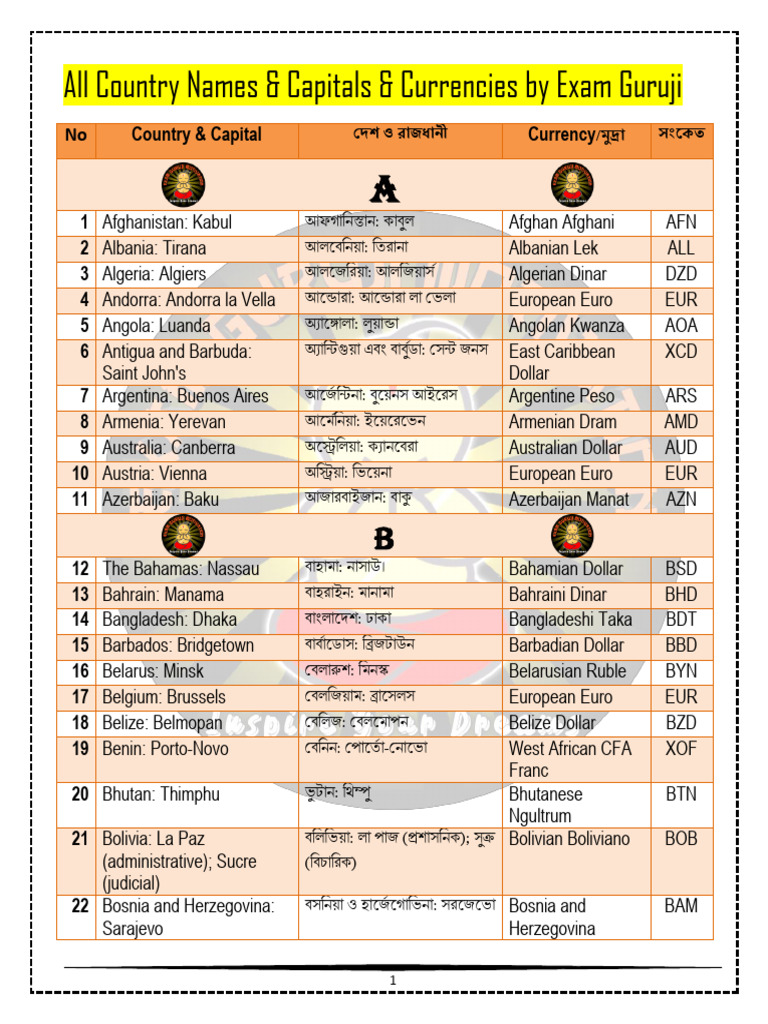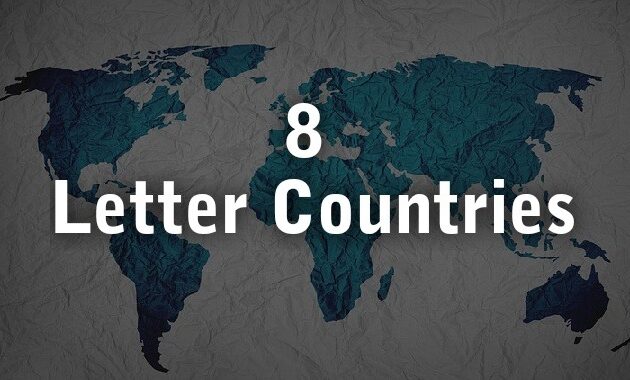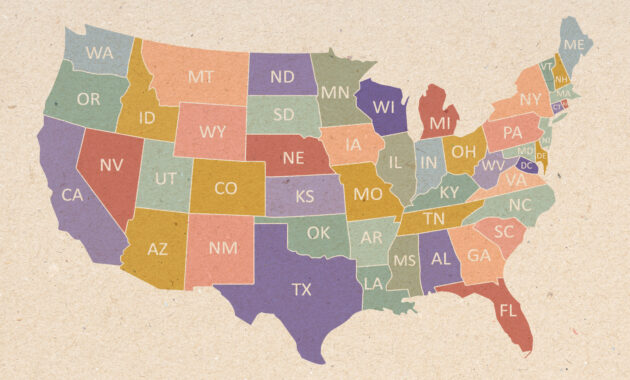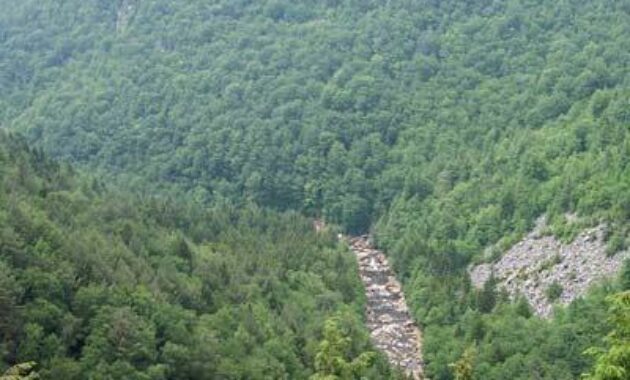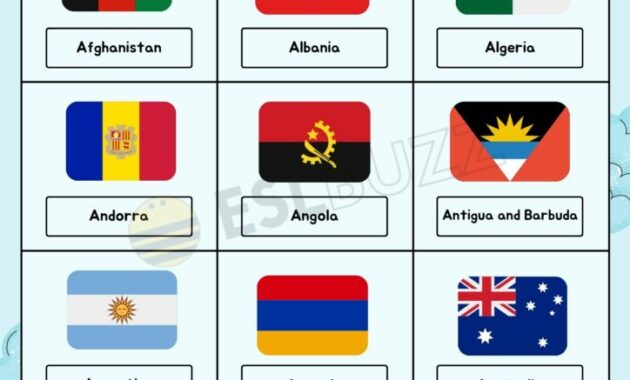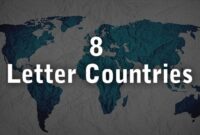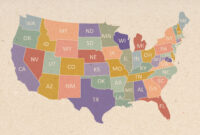Exploring the world through country names can be a fascinating journey, unveiling hidden histories, cultural nuances, and linguistic origins. Each nation’s moniker carries a story, a legacy that resonates through time and shapes its identity. Let’s embark on an armchair adventure, delving into the etymology and significance behind some of the world’s most intriguing country names.
Country Names – A Global Tapestry
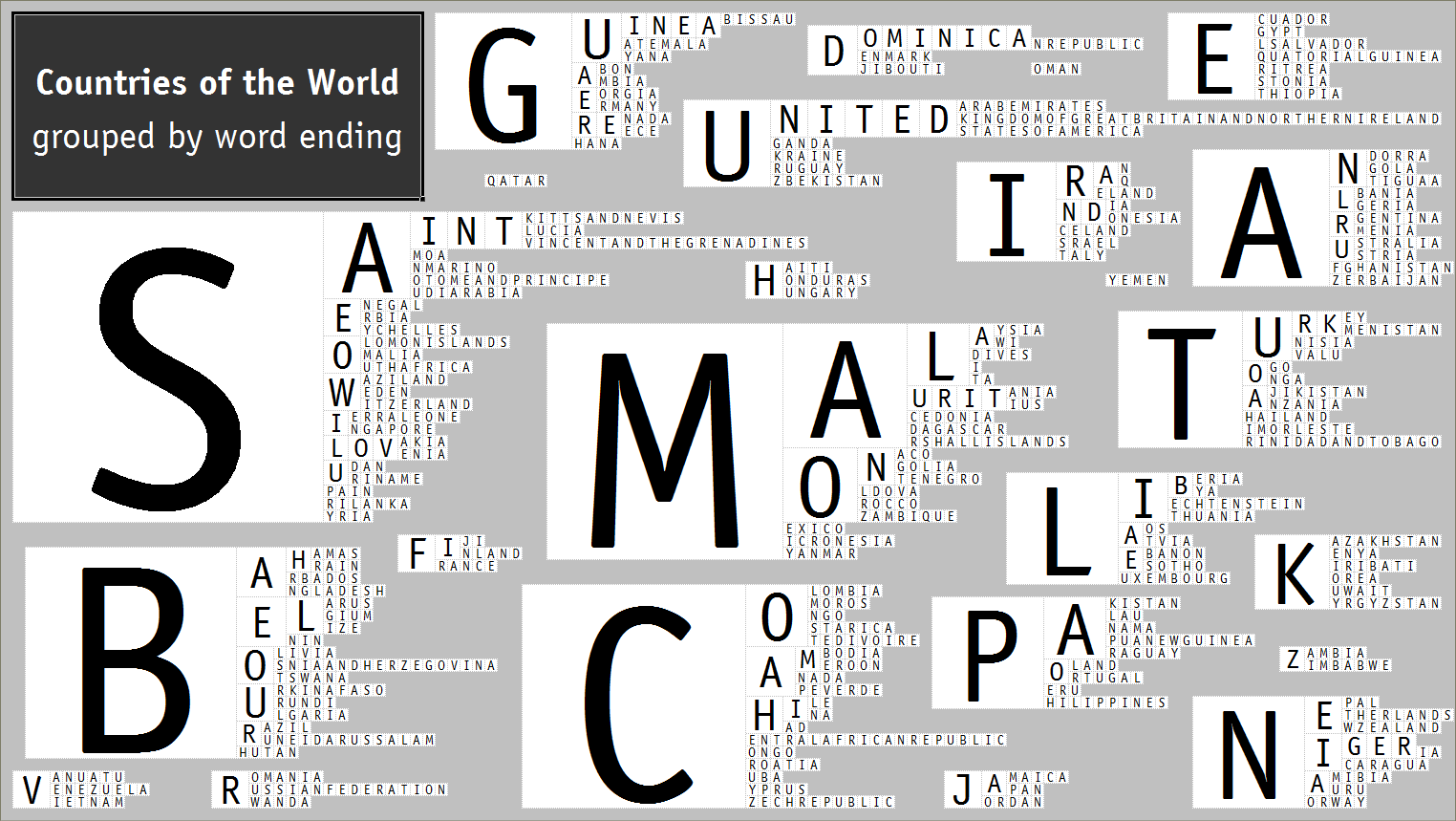
From ancient empires to colonial influences, the naming of countries often reflects pivotal moments in history. Consider, for example, the United States of America. The “United States” part is fairly straightforward, referring to the union of states. “America” is derived from the name of the Italian explorer Amerigo Vespucci, who was among the first to suggest that the Americas were not part of Asia, but a new world. This seemingly simple name encapsulates the nation’s founding principles and its connection to the Age of Exploration.
Similarly, the name “Canada” originates from the Huron-Iroquois word “kanata,” meaning “village” or “settlement.” This Indigenous term was misinterpreted by early European explorers, who used it to refer to the entire region. Over time, “Canada” became the official name, a testament to the country’s Indigenous heritage and the historical encounters between different cultures.
Europe, a continent steeped in history, offers a rich tapestry of country names. “France,” for instance, derives from the Franks, a Germanic tribe that conquered the region after the fall of the Roman Empire. The name reflects the Germanic influence on the territory and the lasting impact of tribal migrations on European geography. “Germany,” too, comes from the Latin word “Germania,” used by the Romans to describe the lands inhabited by various Germanic tribes. These names remind us of the complex interplay of power, conquest, and cultural assimilation that has shaped Europe’s political landscape.
Moving eastward, we encounter names that echo ancient empires and legendary figures. “India,” for example, takes its name from the Indus River, one of the cradles of civilization. The river, known as “Sindhu” in Sanskrit, was called “Indos” by the Greeks, eventually giving rise to the name “India.” This connection to the Indus Valley civilization underscores the country’s rich history and its prominent role in the development of human society. “China,” meanwhile, is thought to derive from the Qin dynasty, the first imperial dynasty of China. This name reflects the unification and consolidation of power under the Qin rulers, marking a significant turning point in Chinese history.
Africa, with its diverse cultures and languages, presents a fascinating array of country names. “Egypt,” for example, comes from the ancient Greek word “Aigyptos,” which in turn derives from the Egyptian name “Hwt-ka-Ptah,” meaning “mansion of the soul of Ptah” (a major deity). This name reflects the ancient Egyptians’ deep spiritual beliefs and their connection to the land. “Nigeria” is derived from the Niger River, which flows through the country. The name highlights the river’s importance as a source of life and a vital waterway for trade and transportation.
In South America, the names often reflect the influence of European colonizers and the Indigenous populations that inhabited the continent. “Brazil,” for example, is named after the brazilwood tree, a valuable resource that attracted European traders to the region. “Argentina” comes from the Latin word “argentum,” meaning silver. This name reflects the early European explorers’ belief that the region was rich in silver, though this proved to be largely unfounded. The name serves as a reminder of the lure of precious metals and the impact of colonial ambitions on the continent.
Australia, the island continent, derives its name from the Latin “terra australis incognita,” meaning “unknown southern land.” This name reflects the early European explorers’ perception of the continent as a vast and mysterious territory. The name has stuck, a testament to the continent’s unique geography and its place in the global imagination.
230 – Country Names World Map – A Detailed View
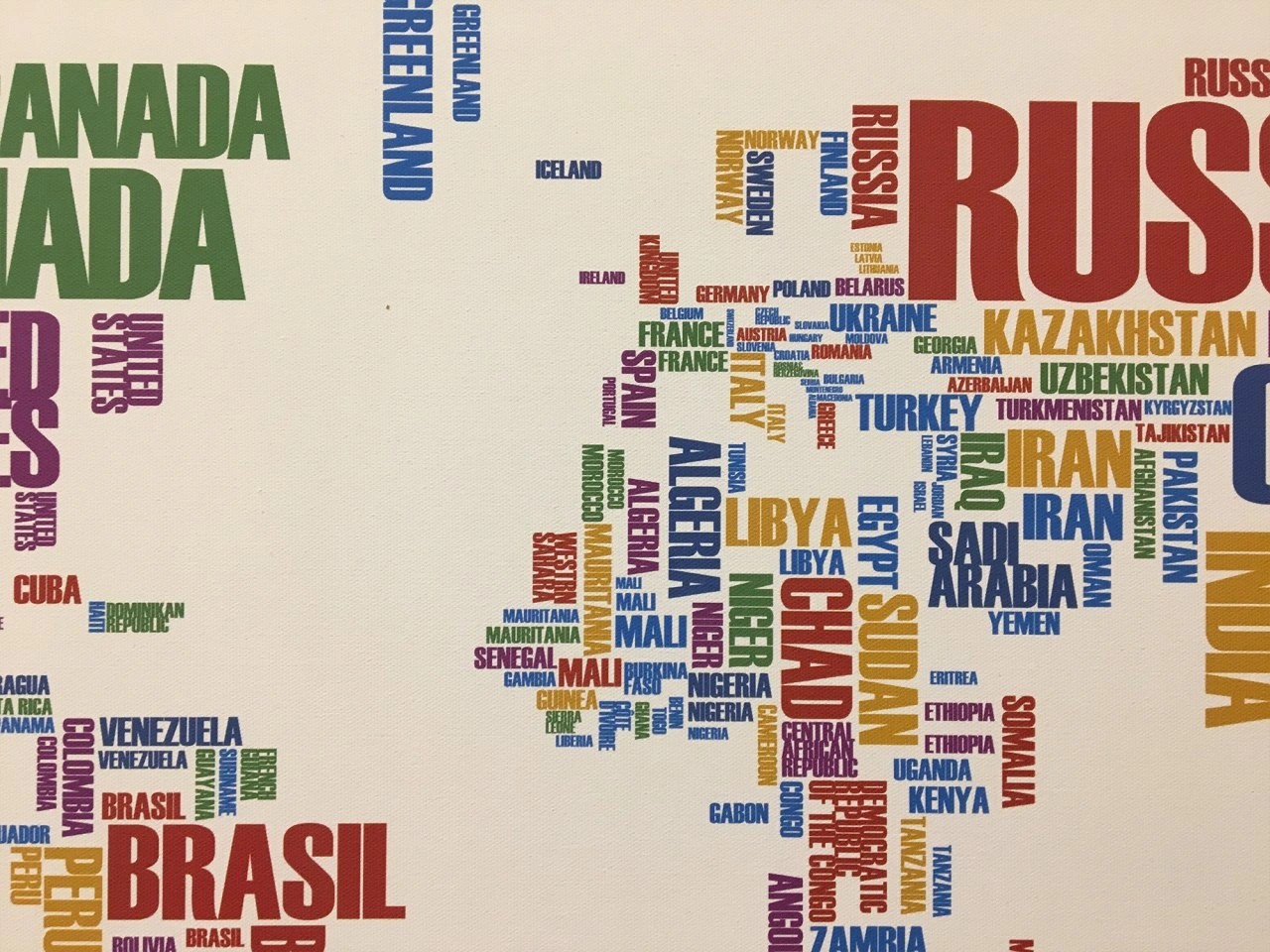
The intricacies of country names extend beyond simple etymologies. Political changes, cultural shifts, and historical events often lead to name changes. For example, Burma officially became Myanmar in 1989, a decision made by the ruling military junta. This change was intended to reflect a more inclusive representation of the country’s diverse ethnic groups. Similarly, Ceylon was renamed Sri Lanka in 1972, reflecting the country’s Sinhalese heritage and its break from colonial rule.
The study of country names offers a unique window into the world’s history, culture, and politics. Each name carries a story, a legacy that resonates through time and shapes national identities. By understanding the origins and meanings of these names, we can gain a deeper appreciation for the diversity and complexity of our global community.
Furthermore, the evolution of country names can tell us a lot about international relations and power dynamics. The renaming of countries often reflects a desire to assert independence from colonial powers or to rebrand a nation’s image on the world stage. The change from Rhodesia to Zimbabwe, for instance, symbolized the end of white minority rule and the rise of black nationalism. Similarly, the disintegration of the Soviet Union led to the emergence of several new independent countries, each with its own distinct name and identity.
Looking at the naming conventions of different regions, we can observe interesting patterns. In Europe, many country names are derived from ancient tribes or geographical features. In the Americas, the influence of European colonizers is evident in the prevalence of names derived from European languages. In Africa, many country names reflect the continent’s rich linguistic diversity and its pre-colonial history. Asia presents a complex mix of influences, with names derived from ancient empires, religious traditions, and colonial encounters.
The study of country names also has practical implications. Accurate and respectful use of country names is essential in international diplomacy, trade, and communication. Mispronouncing or misspelling a country’s name can be seen as disrespectful or even offensive. Therefore, it is important to be aware of the correct names and their pronunciations, especially when dealing with international partners.
In conclusion, country names are more than just labels; they are repositories of history, culture, and identity. They reflect the complex interplay of power, conquest, and cultural exchange that has shaped the world we live in. By exploring the etymology and significance of these names, we can gain a deeper understanding of the diverse and fascinating nations that make up our global community.
So, the next time you see a world map, take a moment to consider the stories behind the names. Each one is a window into a nation’s past, present, and future, a testament to the enduring power of language and the human desire to create meaning and identity.
If you are looking for country names Archives – English Study Here you’ve visit to the right page. We have 5 Pictures about country names Archives – English Study Here like All Country Names | PDF, 230 – Country Names World Map and also 230 – Country Names World Map. Here it is:
Country Names Archives – English Study Here

englishstudyhere.com
country names name englishstudyhere list
230 – Country Names World Map
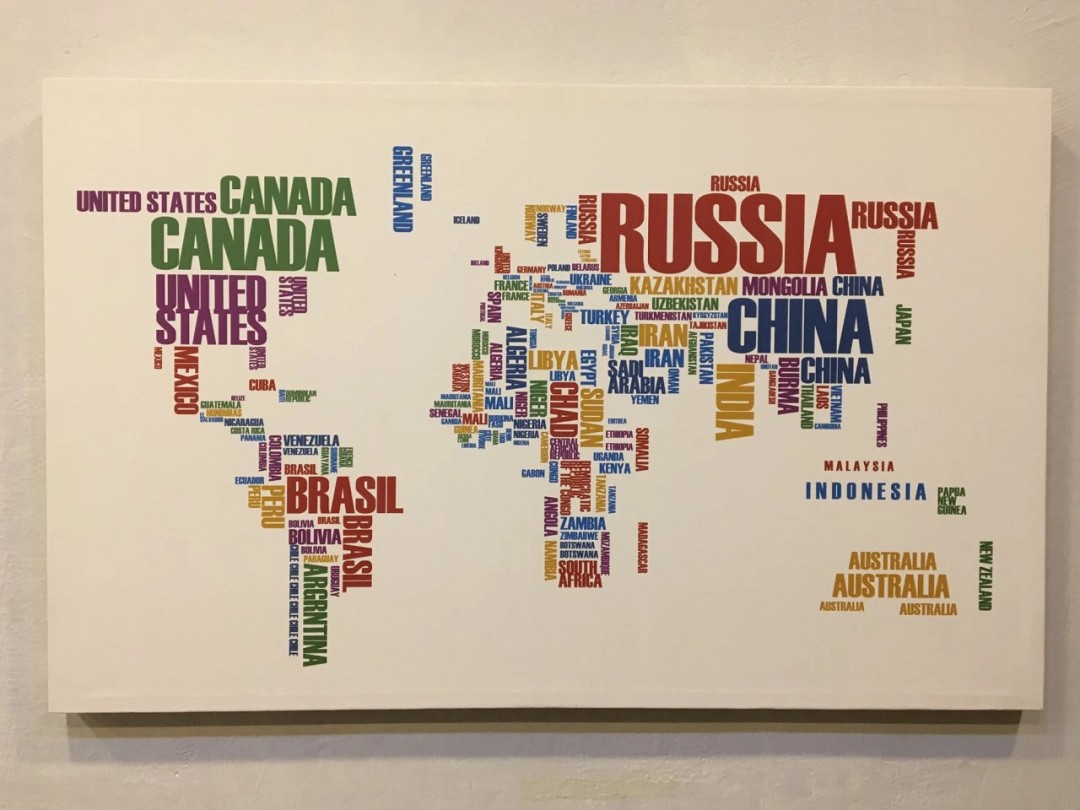
mapofx.com
All Country Names | PDF
www.scribd.com
230 – Country Names World Map

mapofx.com
Country Names

digitalpaxton.org
names country world countries own name flags ii real part time ideas best
Country names. All country names. Names country world countries own name flags ii real part time ideas best

